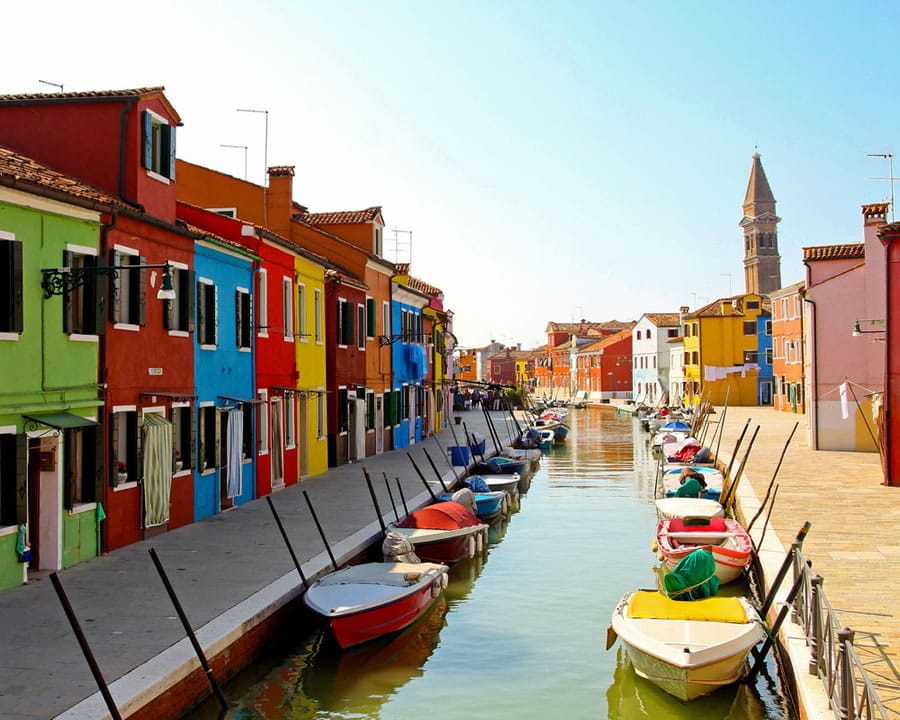
Personal culture Essay
It is well known fact that culture is the primary feature to get the identity of certain human species. In fact, it can be determined as the totality of socially transmitted behavior patterns, arts, beliefs, institutions, and all other products of human work and thought. Considering contemporary trend towards globalization, most of independent cultures experienced large transformations, as intensive intercommunication leads to natural values sharing and strange norms assimilation. However, we are still allowed to get cultural identity of certain folk, even inside multi-cultural communities. My experience is useful to confirm this fact. Being of Korean origin, I live and study in pretty specific region of U.S.. El Paso is the unique place with significant mix of Mexican/Hispanic and American cultures. My culture is Korean primarily, however, I’m ought to state that it was significantly affected by the community I live in. In substance, being on the junction of several cultures, I’m allowed to make pretty interesting sociological empirical research about culture as the key to human’s identity. In next part, I’m going to share my own experiences about Korean, Mexican/Hispanic and American cultures.
I would like to begin with the culture, which considered to be native for me. Obviously, there is a talk about Korean values and traditions. Frankly, I could talk a lot about it, however, measures of this assignment require the core ones’ outlining only. In this regard, there are next main values of Korean culture to point out: high discipline and strong respect to elders, conservatism, patriotism and strong sense of community. It worth being mentioned that post-industrial era affected much initial culture of Korean folk, by making it more “free thinking”, however, the main principles are still the same. Considering that Korean culture is strongly influenced by Confucianism, the main idea of its philosophy is “the world is inside you”. Thereby, Korean folk is featured by traditions of social hierarchy, restraint behavior and obedience. Now, let’s focus on cultures which I became accustomed with during my living in El Paso. American culture seems to be prevailing one here as in any other U.S. city. Being aimed to point out two or three core values of American culture, I’ve found this task pretty difficult. The point here that there is the list of values, which worth to be called the core ones’ for Americans. However, I concluded that there is one initial source, which gave the birth to all others. My experience give me the right to state that the primary and the strongest value of American folk is equality of opportunities. In its turn, the sense of equality generates individualism (independence), competition and self-orientation. My general experience about American culture let me see it as the kind of environment, which allows everyone to take the race where all have the same chances to win. Probably, previous words are not useful to interpret the entire meaning of American culture, however, they are helpful to show my understanding. Talking about traditions of behavior, I have to say that Americans are extremely organized people who know the price of time. In addition, I’ve learnt that traditions of American communication permit incredibly large portion of informality. The last to talk about is Hispanic/Mexican culture’s values. Considering that significant part of El Paso’s population are immigrants and migrants from central America and Mexico, I had enough opportunities to generate own thoughts about core values of this folks. To point out the main of them, I would like to note hard work as the type sacrifice, deep love to native heritage and incredibly strong connections to family. Dealing with Hispanic/Mexican traditions, I would like to state that Mexicans are incredibly fun-loving people. Moreover, there intention to native traditions maintaining even far from their motherland is important here. At last, these people are much more religious.
Being clear with own experiences about three different cultures, I’m allowed to point out noticed differences and similarities. There is no need to talk about differences in cuisine, religion or arts. All my observations are more connected to life mood and self-consciousness of three cultures’ representatives. In addition, it is quite difficult to draw parallels under the same criteria. For example, Korean culture is featured by restrained behavioral traditions, American – with its thirst to competition, Mexican – with its strong family connections. However, there is one point that is similar to each of analyzed cultures. It is the value of hard work. As for the life mood, cultural traditions make Americans the most hospitable and tolerant to others people, Koreans – the most all-sufficient, Mexicans – fun and joy loving. I’ve also noticed that Mexican/Hispanic culture is featured by the sense of some dreadfulness, which is showed by common desire to deal with hardships this folk is used to meet during long years.
To sum up, my analysis pushed me to the conclusion that multiple cultures are able to live side-by-side inside one community. Obviously, some transformations and sharing are inevitable. However, the specifics are traced all the same. In this order, I’m allowed to claim that current trend towards overall globalization is not capable to bring much harm to self-identity of folks. It also was pretty interesting to understand that different people are similar with their aims, but different with their motives to reach them. Koreans are adequate to perceive the reality around them, Americans take permanent race for success, Mexicans are aimed to end the hardships of their families.

